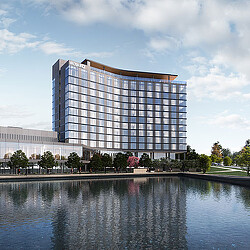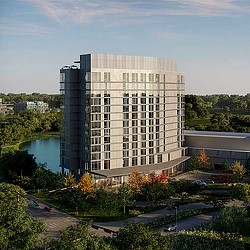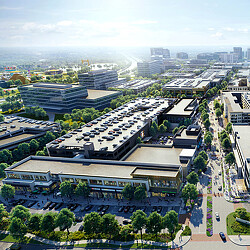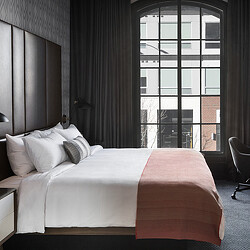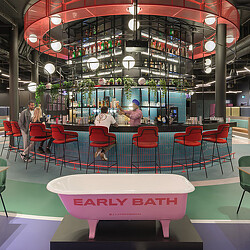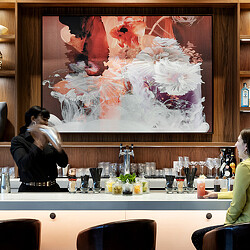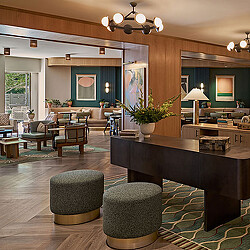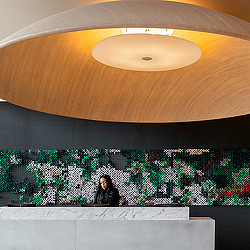A New Hybrid Hotel Blends Japanese Culture and Texas Charm
The Miyako Hybrid hotel rethinks hospitality through a Texas-Japanese fusion hotel experience.
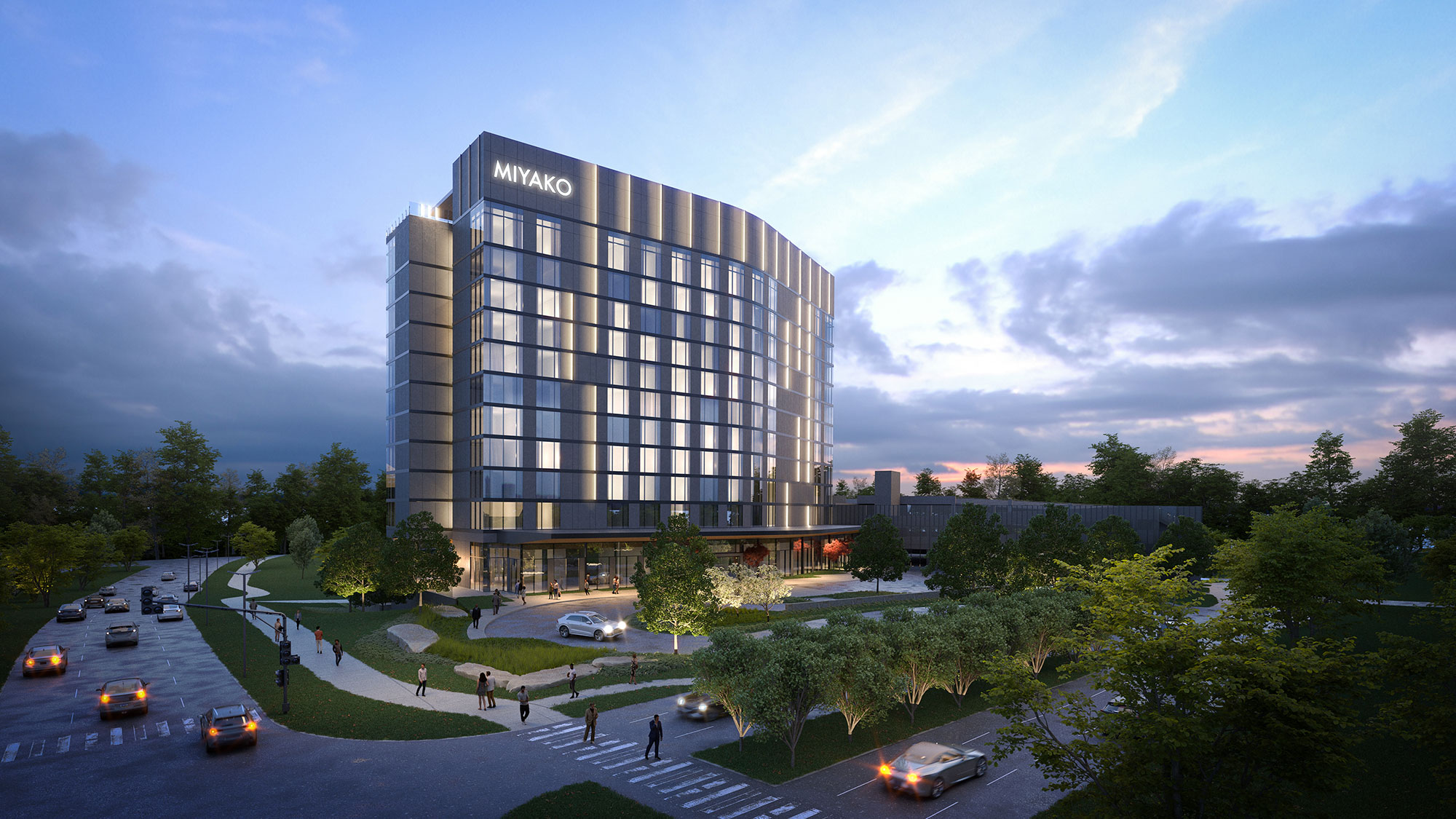
A decade ago, luxury in hospitality meant plush pillows, pristine bathrooms, and perhaps a rooftop bar. Today, guest expectations are far more nuanced. As travelers become more conscious, curious, and globally connected, comfort and convenience alone are no longer the differentiators. Hotels must now deliver immersive, authentic experiences that serve as cultural conduits and emotional touchpoints.
Restaurants have long embraced this ethos, but many hotels still rely on standardized offerings under familiar brand umbrellas. Meanwhile, personalization and experience-driven stays are gaining traction — especially among Millennial and Gen Z travelers. Yet, cultural fusion and storytelling remain underleveraged in the hospitality space.
This evolution calls for innovation — not just in architecture, but in mindset and service philosophy. Hospitality is no longer about welcoming guests from around the world; it’s about helping guests connect with the world.
A New Vision in North Texas
This is the vision behind the Miyako Hybrid Hotel, currently underway in North Texas. A collaboration between Gensler and interior design firm Looney & Associates for Kintetsu Enterprises of America (a subsidiary of Japan’s Kintetsu Group Holdings), the design seeks to create a seamless blend of Texas warmth and Japanese refinement.
True to its name, the Miyako Hybrid Hotel fuses the spirit of Omotenashi — Japan’s deeply rooted hospitality philosophy — with the approachable charm of Southern service. Through bespoke amenities and wellness offerings, it aims to set a new benchmark for guest experiences that are both culturally rich and emotionally meaningful.
Nestled in a tree-lined park adjacent to Toyota’s North American headquarters near Legacy West in Plano, the hotel will serve a diverse range of travelers as the region continues to grow into a major corporate destination for many Fortune 1000 companies.
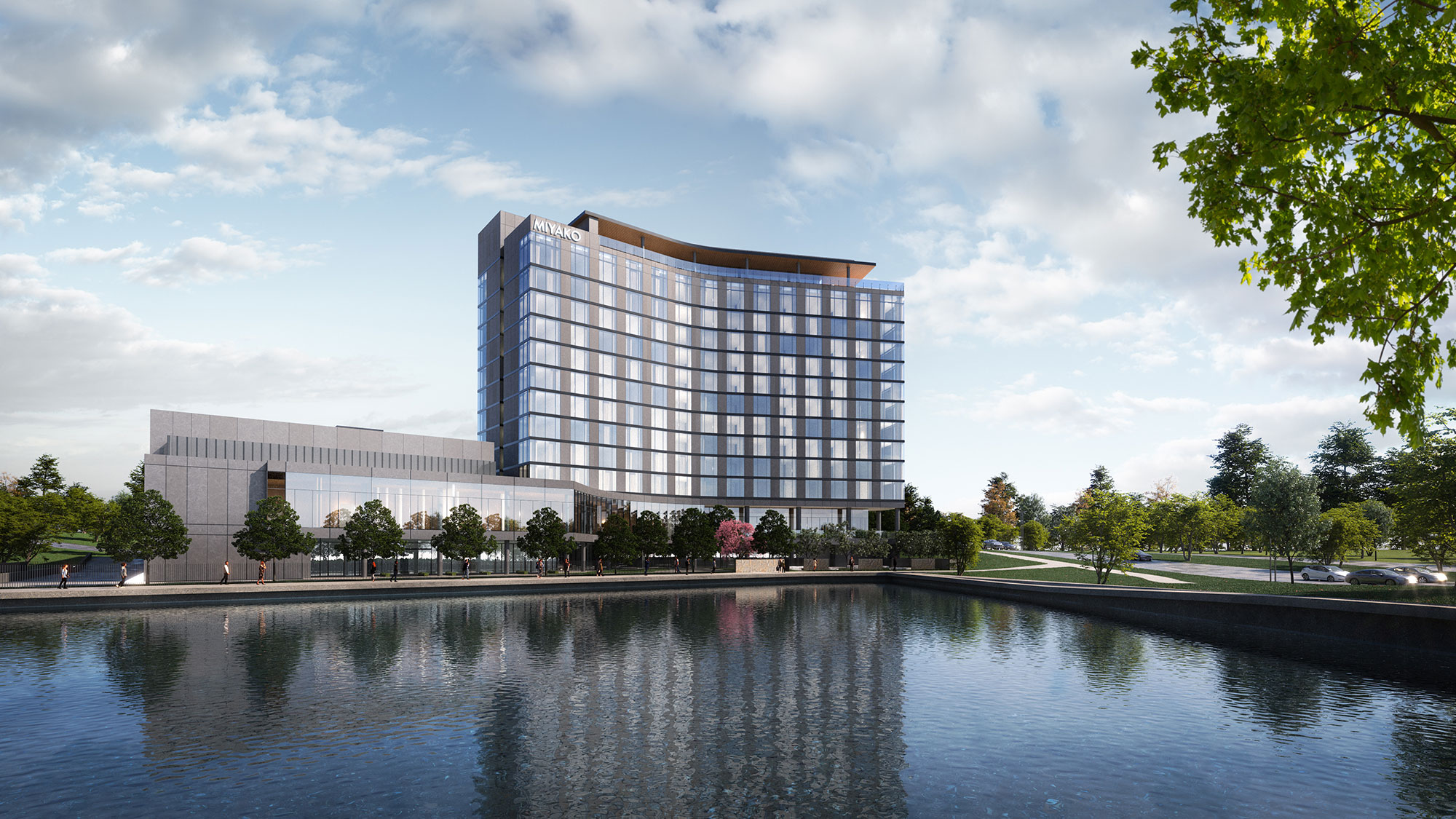
A Symbol of Economic and Cultural Growth
Plano officials view the Miyako Hybrid Hotel as a symbol of the city’s evolving identity — one shaped in part by Toyota’s relocation from California in 2014. Since then, more than 40 Japanese companies have established a presence in the area, drawn by North Texas’s business-friendly climate, strong schools, rich culture, robust infrastructure, and deep talent pool. The Miyako Hybrid Hotel is the latest example of global investment reshaping the area’s economic and cultural landscape.
Designing Cultural Fusion
The hotel’s design reflects a thoughtful synthesis of Japanese minimalism and Texas vernacular architecture. A palette of stone, wood, glass, and metal panels — accented by varied glazing — emphasizes verticality and transparency.
Inspired by the cultural symbolism of lanterns in traditional Japanese design, the architectural concept draws on this metaphor of enlightenment and connection. A dynamic lighting feature will animate the building façade in the evening hours, while the warm glow from the rooftop bar — the crown of the composition — will highlight its presence in the North Texas landscape.
Guests will be greeted with clear sightlines through the lobby to a lush, landscaped garden beyond, reinforcing a sense of calm and connection to nature. Every space is curated to tell a story — balancing purposeful planning with tactile and emotional significance. From the texture of seat cushions to the ambiance created by lighting, the design seeks to evoke not just comfort but a sense of familiarity and belonging.
This architectural approach channels Kintetsu’s commitment to harmony and social contribution, offering guests a momentary escape to Japan through shared values and intentional design.
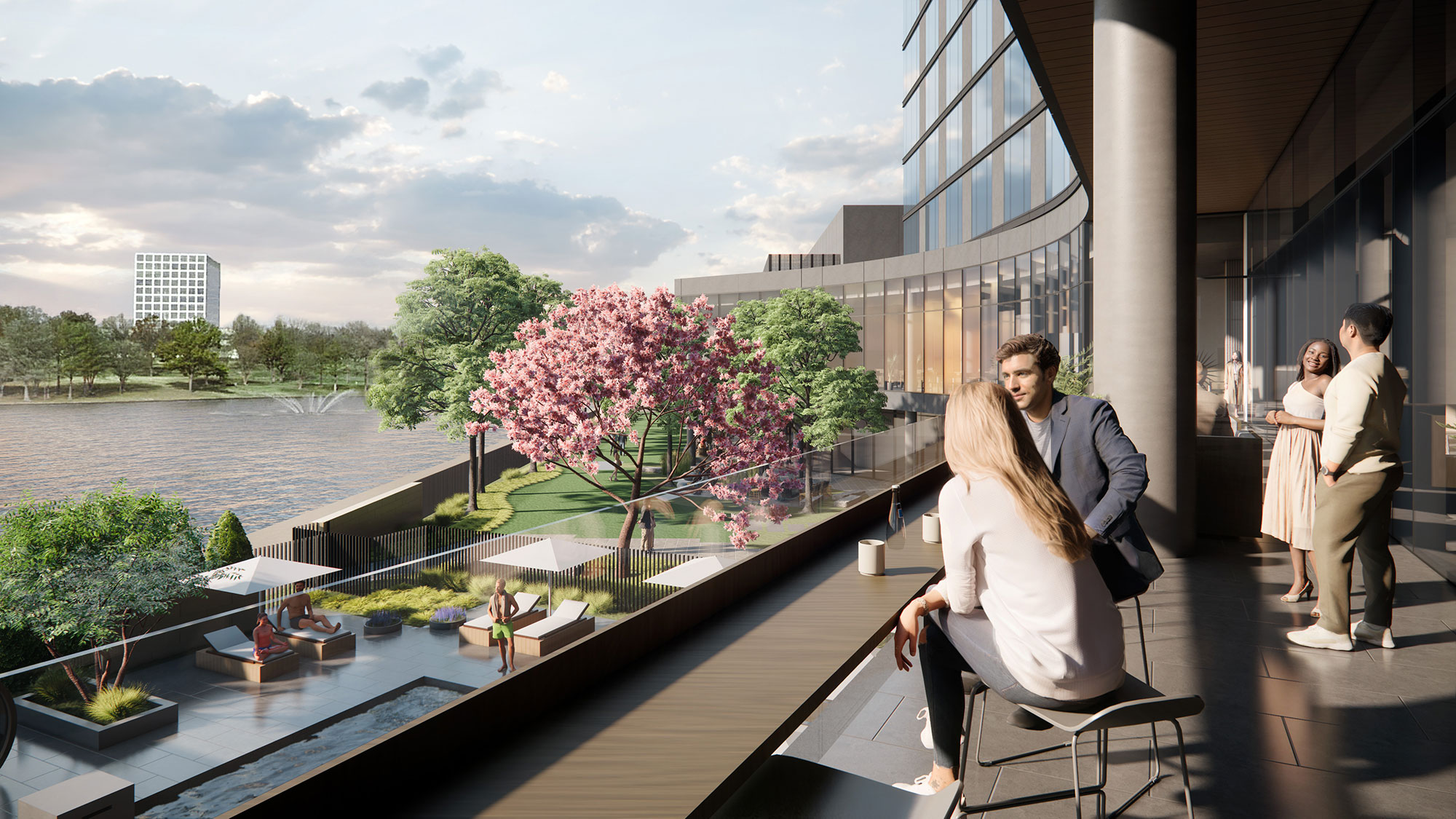
Service Philosophy: From “Howdy” to “Omotenashi”
The hotel’s service model blends Texas friendliness with the quiet, anticipatory grace of Japanese hospitality. This fusion redefines service as an art form — subtle, sincere, and deeply respectful.
Guests will encounter this philosophy in spaces like the Cultural Lounge, which will showcase a curated collection of art and artifacts, the high-end Japanese restaurant with three private dining rooms overlooking the lake, and a Japanese bakery. In-room experiences will go beyond the standard pillow menu, offering personalized touches that reflect both cultures.
The Future of Experience-Driven Stays
As Airbnb and boutique hotels continue to promote “local experiences,” hybrid hotels like the Miyako Hotel offer a compelling alternative: immersive, culturally inspired environments backed by consistency and quality of star-rated service.
This model has broad potential — especially in diverse metropolitan areas across the U.S. — and signals a shift in how hospitality can be reimagined through cultural integration.
Miyako won’t be just another hotel in North Texas — it will be a case study in how thoughtful design and cultural synergy can redefine what it means to be a host and a guest in the modern travel era.
The Miyako Hybrid Hotel broke ground in October 2025 and is slated for completion in late 2027.
For media inquiries, email .

